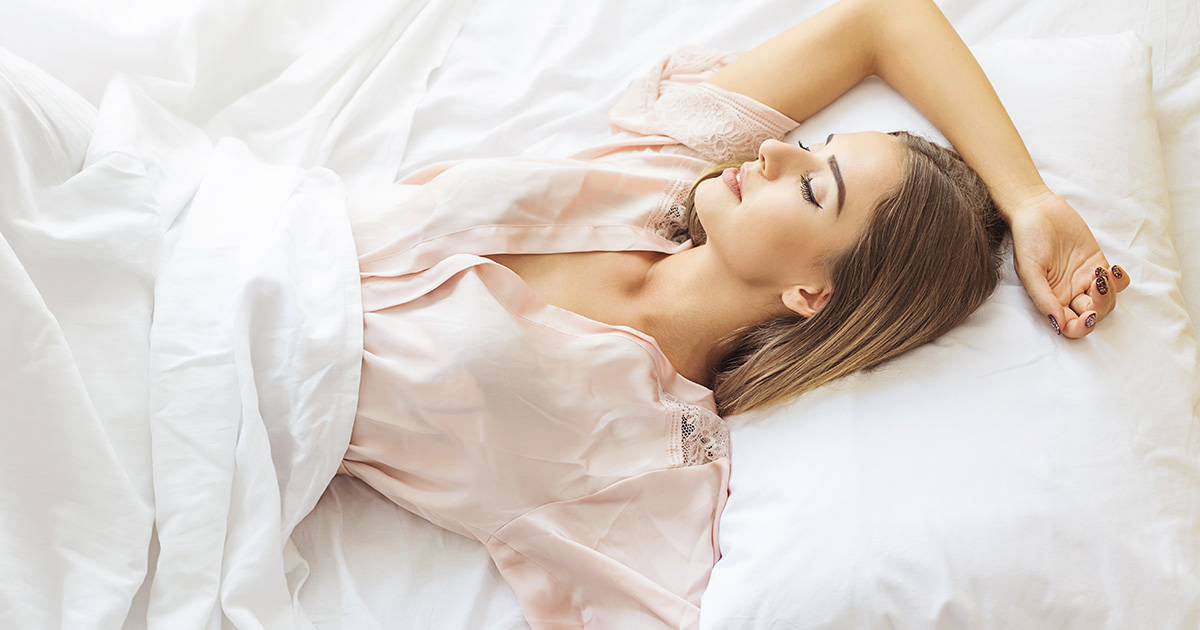How many ZZZs should you be hitting every night?
Whether you’ve been up-all-night studying for exams, partying till the sun rises or up binge-watching your favourite show, it’s no secret that a lack of sleep can leave you feeling grumpy, tired and irritable the next day. But just how much sleep do you actually need to be able to function?
A recent study had researchers from the University of Pennsylvania examine a group aged between 21 – 38 on various aspects such as their aptitude in general cognitive tests like verbal and numerical reasoning, their ability to react to visual stimulus and their capacity to memorise basic patterns.
The scientists then cut their nightly sleep time down to just 6 hours from 8 to see how they would fare in the re-test after a 14-day period. Then, after yet another fortnight, but this time with 8 hours sleep, the sleepy subjects were tested one last time, producing some very interesting results.

Surprisingly, after the first two weeks of having only six hours sleep, the subjects reported that they didn’t feel sleep deprived at all, despite their test scores proving to be significantly lower in all areas, when compared to their results after eight hours of shut-eye. Reaction times, memory and concentration span are all affected by just two hours less sleep, meaning that your ability to perform basic, everyday tasks like driving and studying are severely impaired.
So, according to science, eight hours sleep is ideal, but you can just about manage to get by on six. However, having any less than half a dozen hours of rest can lead to a great deal more problems than just being cranky.
Studies have shown that people who don’t get enough sleep are three times more likely to catch a cold or flu due to weakened immune systems, and are also more prone to unwanted weight gain as a result of high calorie, late-night snacking. Sleep deprivation also puts your body at risk of more serious conditions that can range from everything to depression, stroke, diabetes, heart disease and even cancer!
But if that wasn’t enough to jolt you into action, or in this case – inaction, insufficient sleep has also been closely linked to a decrease in testosterone and libido in both males and females.
Now you have all the more reason to stay in bed just a little longer.










